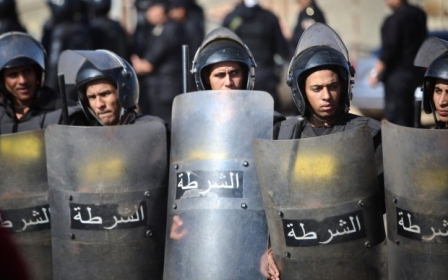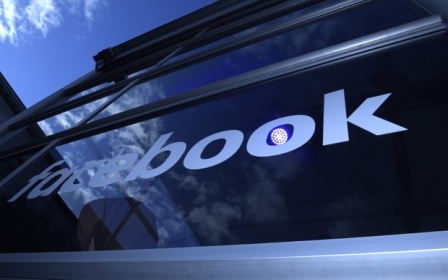San Bernardino shooting: Families of victims sue Facebook, Google, Twitter

Family members of three victims of the December 2015 shooting rampage in San Bernardino, California, have sued Facebook, Google and Twitter, claiming that the tech giants permitted the Islamic State (IS) group to flourish on social media.
The plaintiffs assert that by allowing IS militants to spread propaganda freely on social media, the three companies provided "material support" to the group and enabled attacks such as the one in San Bernardino.
"For years, defendants have knowingly and recklessly provided the terrorist group ISIS with accounts to use its social networks as a tool for spreading extremist propaganda, raising funds and attracting new recruits," family members of Sierra Clayborn, Tin Nguyen and Nicholas Thalasinos charge in the 32-page complaint, which was filed in US District Court in Los Angeles on Wednesday.
"Without defendants Twitter, Facebook and Google (YouTube), the explosive growth of ISIS over the last few years into the most feared terrorist group in the world would not have been possible," the plaintiffs said.
Syed Rizwan Farook and his wife, Tashfeen Malik, opened fire on a holiday gathering of Farook's co-workers at a government building in San Bernardino on 2 December 2015, killing 14 people and wounding 22 others.
Farook, a 28-year-old, US-born son of Pakistani immigrants, and Malik, 29, a Pakistani native, died in a shootout with police four hours after the massacre.
Authorities have said the couple was inspired by militants. At the time, the assault ranked as the deadliest militant attack on US soil since the 9/11 attacks.
In June 2016, an American-born gunman pledging allegiance to the leader of IS shot 49 people to death at the Pulse nightclub in Orlando, Florida, before he was killed by police.
In December 2016, the families of three men killed at the nightclub sued Twitter, Google and Facebook in federal court on allegations similar to those in the most recent lawsuit.
US federal law gives internet companies broad immunity from liability for content posted by their users. A number of lawsuits have been filed in recent years seeking to hold social media companies responsible for militant attacks, but none has advanced beyond the preliminary phases.
New MEE newsletter: Jerusalem Dispatch
Sign up to get the latest insights and analysis on Israel-Palestine, alongside Turkey Unpacked and other MEE newsletters
Middle East Eye delivers independent and unrivalled coverage and analysis of the Middle East, North Africa and beyond. To learn more about republishing this content and the associated fees, please fill out this form. More about MEE can be found here.




